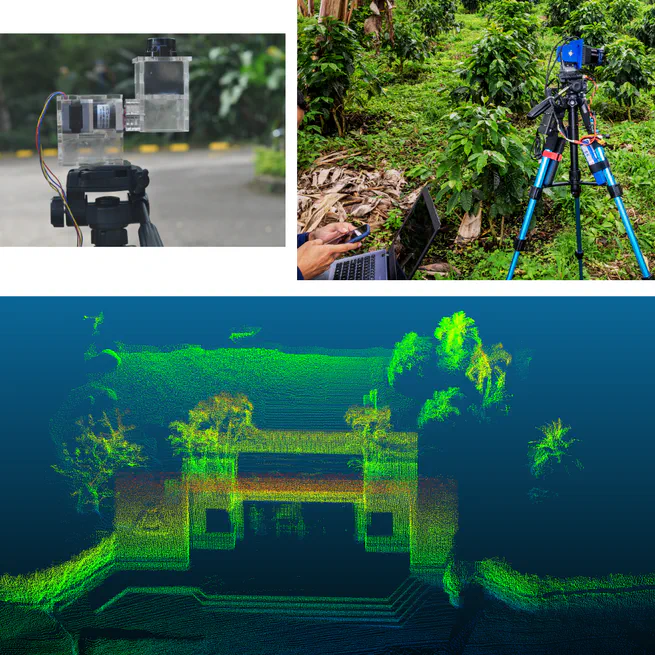
TLS
Aug 260, 26260
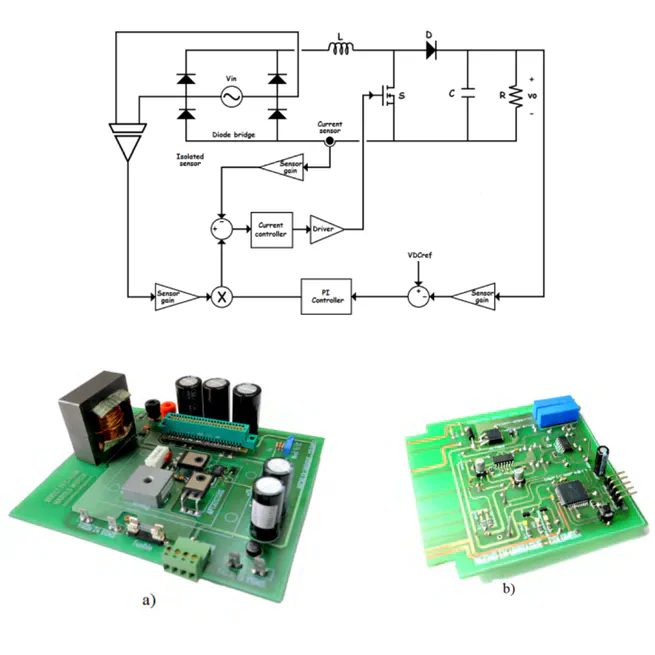
Flexible and powerful data analysis / manipulation library for Python, providing labeled data structures.
Aug 260, 26260
Flexible and powerful data analysis / manipulation library for Python, providing labeled data structures.
Aug 260, 26260
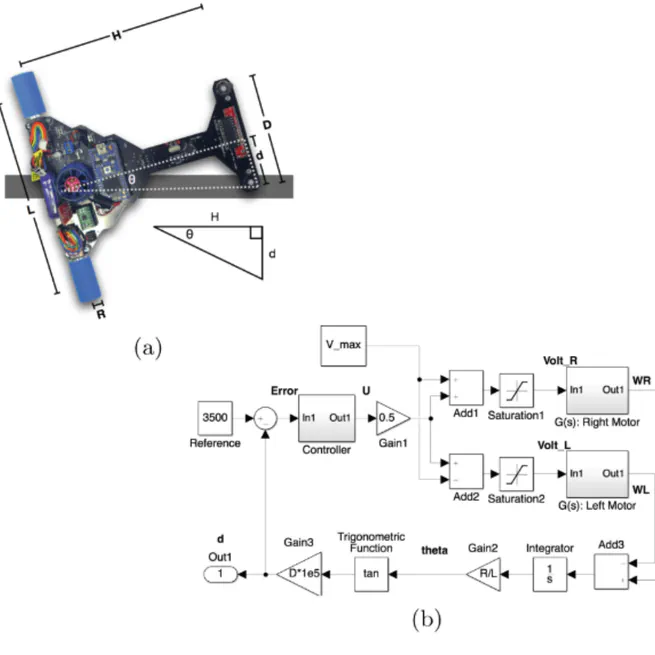
Line follower
Aug 260, 26260
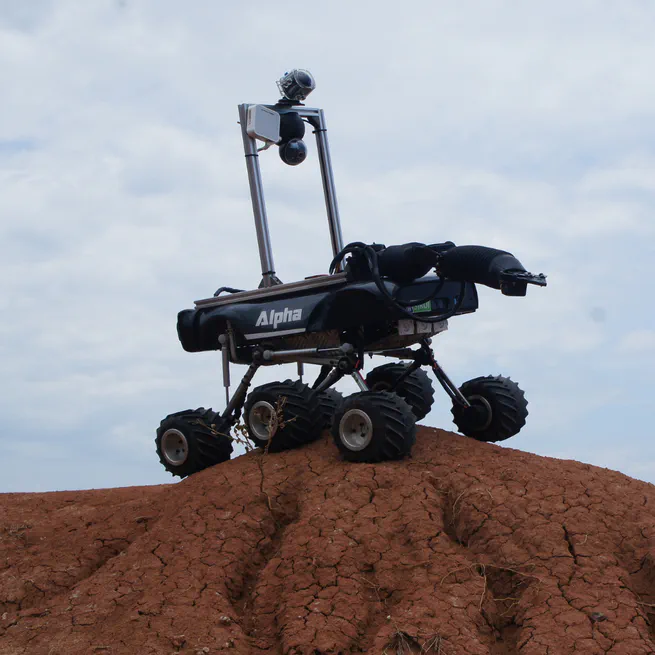
Alpharover is the inaugural prototype developed by the Robotics Research Group at the University of Ibagué. This project represents a comprehensive effort, with the model being entirely designed and built from the ground up, encompassing mechanical, electronic, and software components. The robot features six articulated wheels, enabling it to overcome minor obstacles with ease, supported by a traction control system that ensures smooth navigation. Alpharover operates using ROS Melodic and offers both remote control and autonomous operation modes, the latter incorporating obstacle avoidance capabilities. The robot is equipped with RGB cameras, a 2D LiDAR, an IMU, and GPS, making it a versatile platform for various research and development applications. My role in the project included the conception of the electronic systems, control, energy and data management, as well as ensuring compatibility and implementation of ROS nodes.
Aug 260, 26260
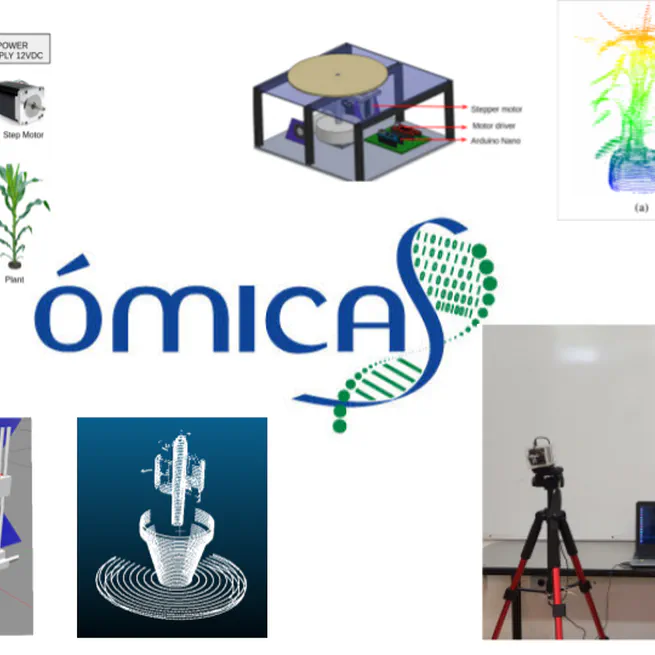
“OMICAS P4 a project led by [Universidad Javeriana] aims to study tools for high-resolution multi-scale crop phenotyping: This project seeks to develop and implement a low-cost and distributed multimodal platform for crop phenotyping that integrates relevant, high-resolution soil-plant-atmosphere information for the measurement and quantification of the variables that influence the response of crops to the environment. " Strategies and high-throughput platforms for phenotyping (HTP) are needed to enable genome-wide association studies and the formulation of genomic selection models in plant breeding. The complete set of genetic factors that contribute to quantitative phenotypic variation through cells, organs and tissues, developmental stages in time, environments and species must be encapsulated within a framework that unifies information, so that it is manipulable in common discourse universes. This will involve new detection technologies with a resolution from single molecule to continuous variables at the macroscopic scale, low-cost and energy-efficient distributed processing hardware, wireless communications technologies, systems for mass data management, processing, storage and access, new ontologies to facilitate data integration, and new statistical and analytical tools to improve experimental design and extract biologically distinguishable information from environmental and experimental noise. In this research it is proposed to develop such a platform, taking advantage and extending the results of previous collaboration between PUJ (Cali and Bogotá), CIAT, Fedearroz, Cenicaña, Universidad del Quindío and Universidad de Ibagué.
Aug 100, 10100
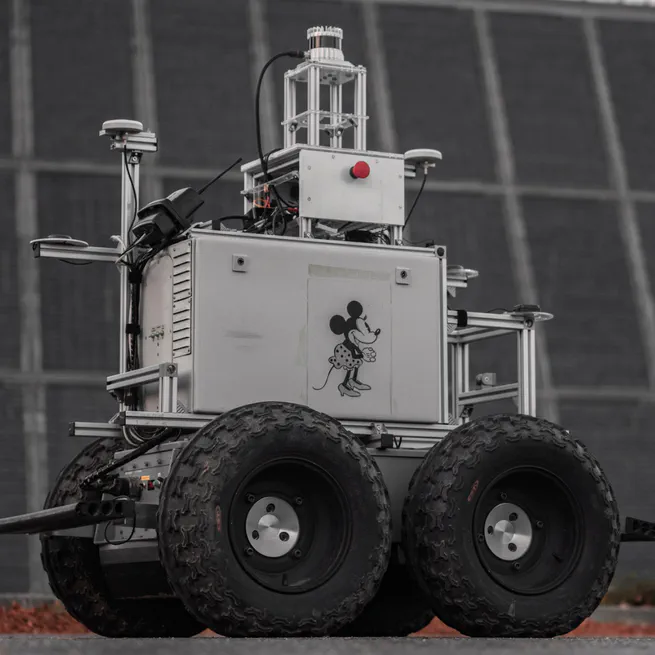
Aug 100, 10100
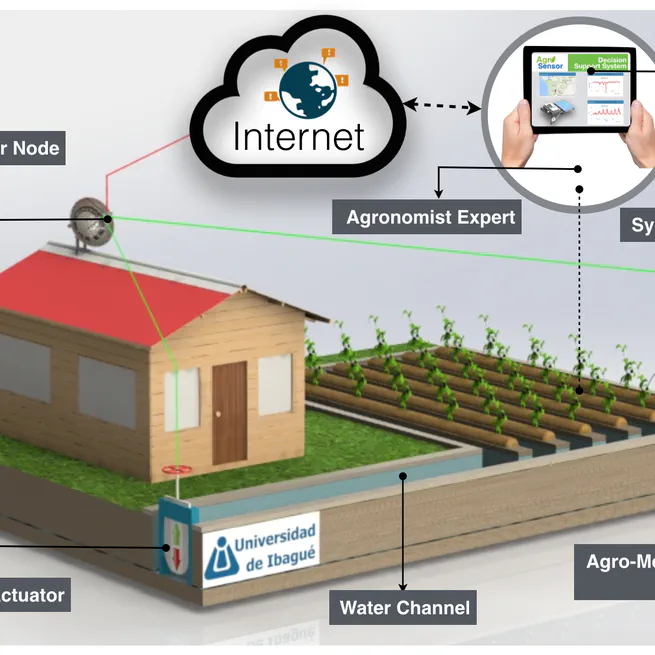
Electronic development of Low-cost instrumentation systems for remote supervision, control tasks and smart irrigation This project involved the development of a prototype remote sensing station designed for agricultural applications, featuring energy and computational autonomy. The station utilizes an embedded system powered by batteries, which are supplemented by a solar panel, ensuring continuous operation. It is equipped with various sensors, including air temperature, soil temperature, relative humidity, soil moisture, and solar radiation sensors. The system continuously stores and transmits data through a 3G communication module. My role in this project encompassed the entire system’s conception, electronic design, and the development of the firmware. The firmware was responsible for managing both the system’s energy resources and data processing tasks.
Aug 270, 27270